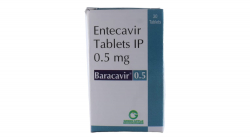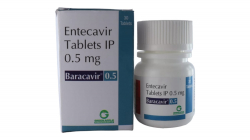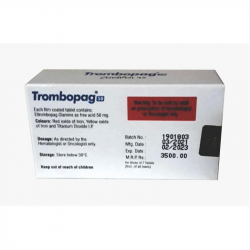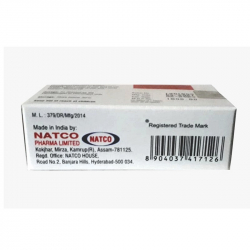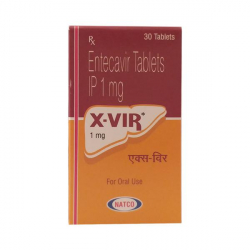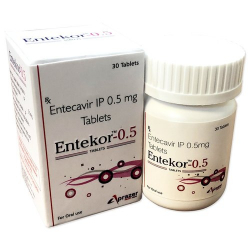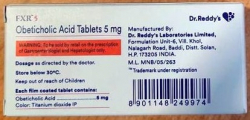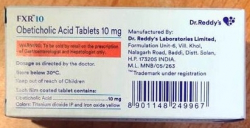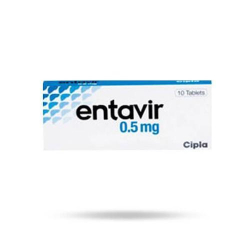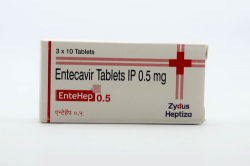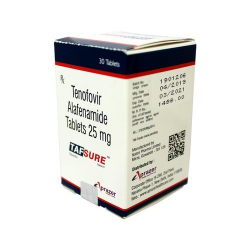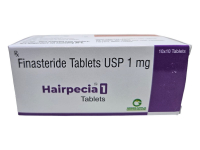
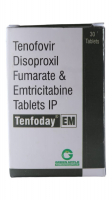

Hepatitis B
Hepatitis B (B) is a viral disease that mainly affects the liver. Usually the disease takes on a chronic form and gradually destroys the organ.
Infection with the hepatitis B virus leads to serious complications. Often, as a result of the progression of the pathology, the patient receives a disability. The disease can lead to the death of the patient, therefore, a person with HBV must be registered with a hepatologist all his life.
Features of the disease
Hepatitis B is one of the most common types of hapatovirus. The disease is usually transmitted through blood.
HBV is a highly contagious disease. The activity of the pathogen in the external environment lasts for 7 days. At this time, you can get infected.
If the pathogen has entered the human body, the incubation period begins, which lasts 30-80 days. Then the disease enters the active stage. It is during this period that therapy with the use of antiviral drugs is most effective. In the active phase, the symptoms may not be obvious enough. However, in some cases, pathology can be recognized by the following signs:
- yellow tint of the sclera and skin;
- dark urine and colorless stool;
- pain in the right hypochondrium;
- general malaise, like a flu.
The main difference between hepatitis B and other types of hepatovirus is its rapid progression. If the patient does not take antiviral drugs, fibrosis, cirrhosis develops, in some cases hepatitis provokes the onset of cancer. Already at the initial stage of the disease, some people develop liver failure, which increases the risk of death.
Principles of Antiviral Therapy
In the acute phase of HBV, specialized drugs are often not used. Patients are prescribed symptomatic treatment - taking hepatoprotectors and immunomodulating medications. Sometimes the body is detoxified.
If the pathology becomes chronic, drug therapy should be started. Lack of treatment leads to the destruction of liver tissue. The positive results of therapy are evidenced by the achievement of clearance of s-antigens. A decrease in the concentration of these immunoglobulins is an indicator of stable remission.
When prescribing drugs for hepatitis, doctors must take into account the patient's condition and the results of diagnostics. Only high-quality and effective drugs help the patient on the path to recovery.
Usually, specialists use 2 therapeutic regimens for HBV:
- interferon + ribavirin;
- combinations of new drugs.
Interferon treatment
Interferons are immunomodulatory agents that are used in the treatment of viral liver pathologies. They do not have a direct effect on the virus, but they reduce the rate of its reproduction and protect healthy organ cells. Interferons are not prescribed for patients with liver cirrhosis.
In the treatment of hepatitis B, doctors use the following types of interferons:
- "Reaferon-EC" (interferon alpha-2b);
- "Interal", "Roferon-A" (interferon alpha-2a);
- Intron A, Realdiron, Alfarona, Eberon alpha R (interferon alpha-2b);
- Alfaferon (natural interferon);
- PegIntron, Pegasis (pegylated interferons alpha-2a and alpha-2b).
The course of interferon therapy involves the use of drugs in the form of injections. In addition, patients must take ribavirin tablets throughout the course. This treatment regimen has several disadvantages:
- low effectiveness: therapy often does not give a positive effect;
- a large list of adverse reactions: many patients do not tolerate interferons well;
- pathological changes in the blood: can sharply increase the level of platelets and lymphocytes, which is an indication for discontinuation of therapy.
Given these facts, hepatologists try not to use interferons if there is a possibility of replacing them with alternative drugs.
New drugs for hepatitis B
Innovative medicines for hepatitis B have been developed relatively recently. These medicines include "Baraklud" and "Viread", which were invented in America.
The active ingredient of the drug "Baraklud" is entecavir at a dosage of 0.5 mg. This substance blocks the polymerase of the virus, inhibits the priming of HBV polymerase, reverse transcription of RNA and the formation of new DNA strands of the pathogen.
"Viread" is created on the basis of tenofovir, which prevents the reproduction of the pathogen. Both antiviral agents have a pronounced effect and help to achieve stable remission. However, only a small fraction of patients can buy these drugs because of their high cost.
Most people infected with hepatitis B virus have gotten a chance for effective treatment thanks to pharmaceutical companies in India. Now Indian manufacturers, who have been licensed to manufacture generic American drugs, are offering their own effective and inexpensive medicines.
The developments of Indian specialists make it possible to successfully treat patients with hepatitis B. Generics are created according to a patented formula that guarantees the effectiveness and high quality of medicines. People who have taken a therapeutic course using generics leave a lot of positive feedback. Medicines are sold at an affordable price thanks to mass production.
The list of analogues of the drug "Baraklyud" includes medicines with the following names:
- Entavir;
- Cronivir;
- Ente Hep;
- X-Vir.
The analogs of the "Viread" means:
- Tenvir;
- Rivofoned;
- Teravir;
- Hepo Doze.
These generics are quality anti-hepatitis drugs.
To date, there is no universal treatment regimen for viral hepatitis B. Modern medicines do not lead to a complete recovery, but they can achieve a stable remission. New generation drugs significantly reduce viral load and prevent the development of severe complications.














